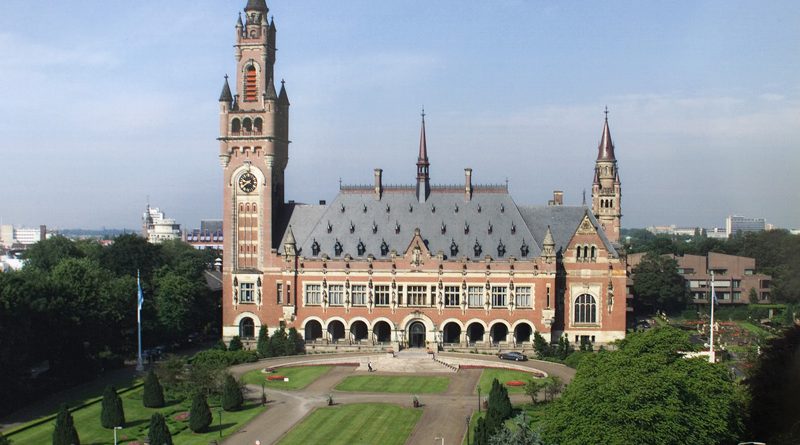Locked out of Luck: ICJ Rules in Chile’s favor
By Mark J. Wood
Staff Writer
On October 1, 2018, the United Nations International Court of Justice (ICJ) ruled that Chile could not be forced into negotiating a corridor in the Pacific Ocean with Bolivia. In Bolivia’s capital, La Paz, large screens were put up on display across town squares as the President of the ICJ, Judge Abdulqawi Ahmed Yusaf, delivered the courts final ruling.
The ICJ is the highest international legal body entrusted with ruling on legal matters between UN member states. According to the BBC, the world’s top court did not rule on whether Bolivia had the rights to the disputed stretch of coastal land, it only ruled on whether Chile was obligated to negotiate with its neighbor.
Yusaf said, “The court…finds that the Republic of Chile did not undertake a legal obligation to negotiate a sovereign access to the Pacific Ocean with the Plurinational State of Bolivia,” according to Al Jazeera. The Guardian reports that the 15-judge bench concluded the list of arguments, memorandums and statement did not create a legal obligation for Chile to negotiate with Bolivia. The judges ruled 12-3 in favor of Chile, a big loss for the Bolivian president who filed the law-suit to the court five years ago.
In the late 1800s, Chile and Bolivia were engaged in the War of the Pacific. This was initiated when Chile invaded the Antofagasta, a port city between the two South American nations, over tax disputes. According to TIME, Bolivia not only lost the war, but also over 50,000 square miles of its territory.
In 1904, the “Treaty of Peace and Friendship” was signed between the two states, officially bringing the conflict to and end as well as a new geographic image, mapped out by Bolivia becoming landlocked. The Economist states that although Bolivia does not have direct access to the coast, they do have an agreement with Chile which allows for Bolivian goods to travel duty free. Despite this, only actual territory will appease the Bolivians.
The Bolivian legal team that brought this matter to The Hague, a city on the North Sea coast of the western Netherlands, and argued in their law-suit on, not only territorial grounds lost in the War of the Pacific, but on economic grounds, as well. The Bolivian argument was that the access to the port would help boost their economy. According to TIME , Bolivia struggles economically as they have the second lowest GDP per Capita in South America.
The Guardian reports that former Bolivian President Eduardo Rodríguez Veltze told the judges, “Restoring Bolivia’s sovereign access to the sea would make a small difference to Chile, but it would transform the destiny of Bolivia.” Chile does not see this as the case as they believe that the matter was addressed during the 1904 signing of the “Treaty of Peace and Friendship.”
Chile and Bolivia have not had diplomatic relations since the 1970s, and tensions have not yet cooled down. Al Jazeera states that, every year Chile celebrates their victory in the war against Bolivia, while Bolivia celebrates the Day of the Sea, in the hopes to have access of the Sea returned to them. TIME reports that Bolivia’s first indigenous president, Evo Morales, spoke out after the ruling stating that “[Bolivia] will never give up [its] sovereign access to the sea.”
Morales has also been accused by his Chilean counterpart, Sebastian Piñera, of using the law-suit to gain support in the 2019 presidential elections, despite seeking a controversial fourth term. In 2016, Bolivians voted in a referendum to deny him the right to run, but the constitutional court later ruled that he could. After this international defeat, the Economist estimates that only 29 percent of Bolivians would vote for him in the next October elections.
While the ruling by the International Court of Justice cannot be overturned, there is hope for the Bolivians if the two nations can bridge ties.


